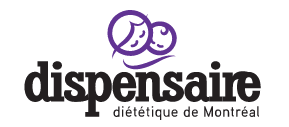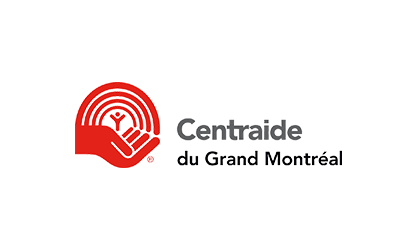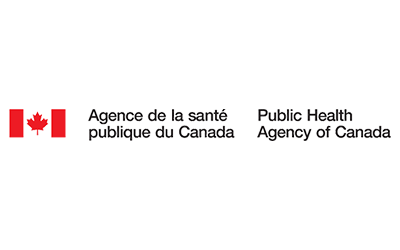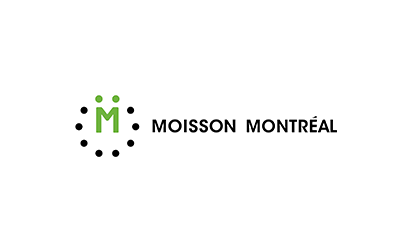Different bacteria are harmful during pregnancy and can cause food poisoning, including E. coli and salmonella. Some foods should be avoided to prevent the ingestion of these bacteria.
Pregnancy is a time when women are particularly prone to develop food poisoning because their immune system is weakened. The mother should be careful because infections can also affect the fetus.
Bacteria and parasites are the most problematic:
- Escherichia coli: undercooked meat, unpasteurized juice, etc .;
- Salmonella: undercooked poultry, bean sprouts, etc .;
- Listeria monocytogenes: raw milk cheeses, unheated cold cuts, etc .;
- Vibrio: raw shellfish;
- Campylobacter: undercooked poultry;
- Bacillus cereus: rice and pasta cooked in advance and not cooled correctly;
- Toxoplasmosis: undercooked meat and seafood, raw milk, sushi;
- Anisakis (parasite): raw fish.
Raw fish and seafood (and sushi containing it) can also be contaminated with heavy metals and hepatitis A.
It is not recommended to consume these foods during pregnancy because they may transmit pathogens:
- Deli meats that are not cooked or dried (mortadella, roast beef slices, sliced turkey breast, etc.);
- Uncooked hot-dog sausages;
- Unpasteurized dairy products (raw milk cheese, soft cheese);
- Unpasteurized refrigerated juices (N.B. The juices that are found on the shelves are pasteurized, but some refrigerated juices are not.) For more information, follow this link;
- Refrigerated pâtés and meat spreads;
- Raw eggs or products containing them;
- Raw sprouts (alfalfa, radish, beans);
- Raw fish (raw fish sushi).
The most common symptoms associated with food poisoning are abdominal cramps, diarrhea, vomiting and sometimes fever. Listeria and toxoplasmosis can cause abortion (Q1), congenital malformation (Q2) or premature birth (Q3). Note that toxoplasmosis is also transmitted by cat feces. If you have a cat at home, have someone else change the litter box or wear gloves and wash your hands with soap and hot water after each cleaning.
Other methods related to food preparation must be followed to minimize the risk of contact with harmful bacteria. To learn more, see How to prevent food poisoning during pregnancy?






